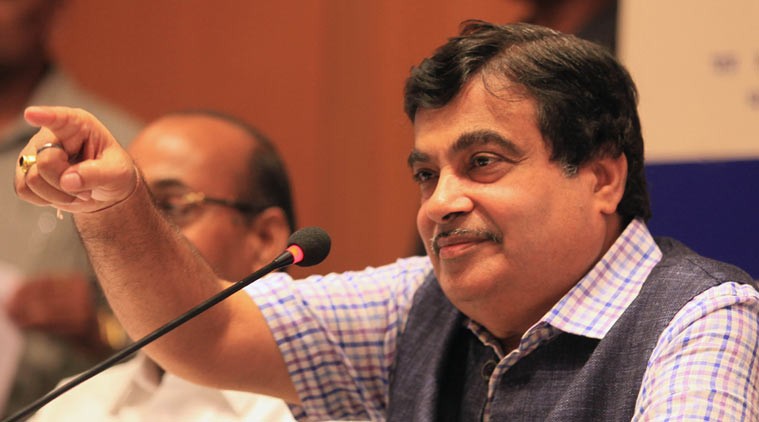
Chennai: Union Minister Nitin Gadkari today flagged off export of Ashok Leyland trucks by coastal route to Bangladesh, and appealed to automobile manufacturers to opt for coastal shipping mode to transport vehicles.
Transportation by road was costly and would pollute the environment even as there was the risk of accidents, the Union Minister for Shipping, Road Transport and Highways said.
“That is the reason that we have decided to use waterways and coastal transport. This is going to reduce the cost, save time and at the same time will be very good for environment.”
“I appeal to all automobile manufacturers to use waterways for transporting their automobiles,” he said over video conferencing from Nagpur.
Earlier, he flagged off auto major Ashok Leyland’s consignment of 185 trucks transported through the roll-on roll-off (RoRo) coastal movement from Chennai Port to Mongla Port in Bangladesh.
He recalled that India had signed a coastal shipping agreement with Bangladesh during Prime Minister Narenda Modi’s 2015 visit there.
RoRo service was already happening between Chennai and Kochi and Kochi to Kandla and “this is a great example which is going to inspire and motivate all automobile manufacturers,” Gadkari added.
Minister for State for Shipping and Road Transport, Pon Radhakrishnan said export of trucks by Ashok Leyland by sea route to Bangladesh would reduce the time by about 15-20 days as it takes only five days to reach the destination by sea.
The benefits include avoiding pollution and possible accidents, the Minister, present at the Chennai Port, added.
Ashok Leyland Managing Director Vinod K Dasari said the company had been exporting trucks to Bangladesh for 40 years using the road route and added that various issues, including congestion at the border and delay in crossing it had prompted them to think of an alternative following which the government suggested the sea route.
“We do about 5,000 vehicles per year for Bangladesh. This is the first lot of 185 vehicles (through RoRo) and hopefully we continue to do more and use this as a route rather than the long (road) route,” he said.
The cost-wise benefits of opting for the sea route were still being worked out, he said, adding “I hope it is more profitable and if profitable we will do more.”
Meanwhile, a government release said that following the 2015 agreement between the two countries, transportation from Indian ports to Bangladesh ports “is being treated as coastal movement, making it eligible for 40 per cent concession on vessel-related and cargo-related charges.”
“For coastal movement through RoRo vessels, 80 per cent concession on vessel-related and cargo-related charges are applicable in Indian Ports,” it said.
Chennai Port started coastal RoRo service in August 2016 when 800 Hyundai cars were shipped on RoRo vessels from Chennai to Pipavav in Gujarat for local distribution, it said.
“Initiatives like this are aimed at providing innovative logistic chain solutions under Sagarmala. The ultimate objective is to save logistic costs and time of transportation and boosting trade by making Indian goods competitive in international markets,” it added.


.jpeg)

